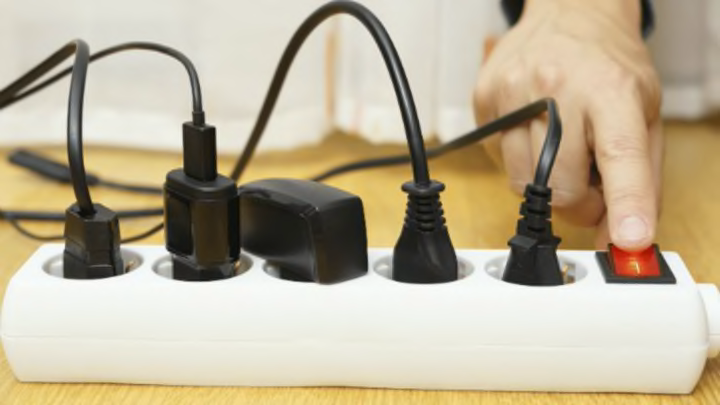Autopaying your bills may not be the smartest way to go after all. A new study of 16 years of billing records from a South Carolina electric company suggests that people who use automatic payments end up consuming more power.
Around half of households with Internet access in the U.S. pay bills by autopay, according to a 2013 survey. However, by eliminating the step of engaging with monthly bills in the process of writing out a check, automatic payments may allow people to ignore the cost of what they're using, and in doing so, spend more without realizing it, according to the study by Duke University economist Steven Sexton in the Review of Economics and Statistics.
Sexton examined years of records from Santee Cooper, a South Carolina power company that serves about 160,000 customers, including bills for both residential and commercial accounts. Households that enrolled in automatic billing showed a 4 to 6 percent increase in electricity consumption, on average, and commercial customers consumed an average of 8 percent more electricity.
Granted, this study only examined the effects of autopay on one utility in one region, and it’s possible that results might differ across the entire country, or for other utility usages, such as water consumption. But if the results hold true nationwide, at least with electricity use, autopaying could increase U.S. power consumption by 15.8 billion kilowatt hours per year—about the equivalent of the electricity use of 1.5 million homes. So much for the environmentalism of paper-free billing.
